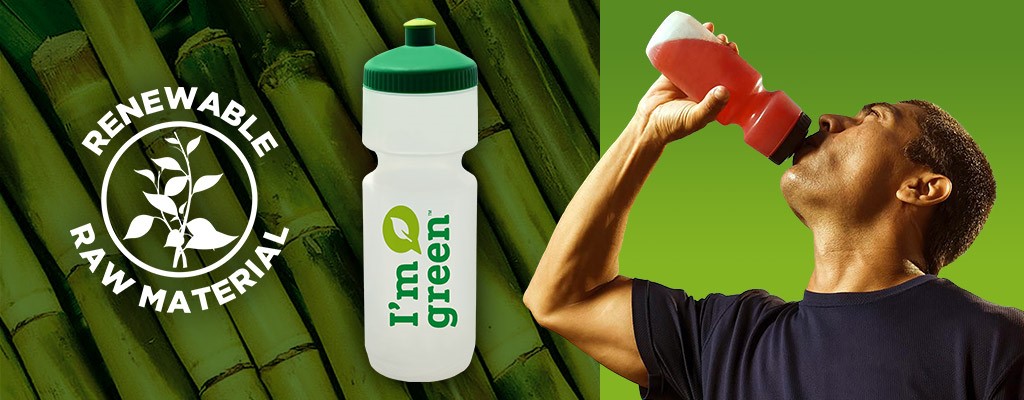
Eliminating Single use Plastic – Each one of us can contribute
The nation seems to have woken up to the ills of plastic use particularly single use plastic after a clarion call by our Prime Minister to reduce or eliminate single use plastic like carry bags, disposable glasses, mineral water bottles and so on.
One such use is that of the milk pouches that almost every one of us purchases milk in, every morning. This somehow it seems has escaped focussed attention till now. But it is not very difficult to imagine the tonnes of non-bio-degrable waste empty milk pouches create all over the country in a single day. Many large companies like Amul and Mother Dairy in north India sell lakhs of litres of milk daily packed in these single use plastic bags. It is the responsibility of these companies’ too to explore viable alternatives to cut down the use of this single use plastic as far as possible.
As B-schools offering courses in physical distribution and Supply Chain Management it is even our responsibility to develop viable alternatives to this in the interest of contributing towards a greener environment. The milk pouch, as a packaging material offers a few important benefits; these are – it is light in weight, convenient for bulk transportation, low cost and above all, it ensures, in a way to quite an extent for the buyer safety against adulteration of milk. Milk adulteration is one major concerns of a consumer sometimes even over and above price itself. It is also to be kept in mind that milk transportation requires refrigeration and is thus is a major cost. Any change involving higher transport cost will thus have a spiraling effect.

Image Credit: http://bit.ly/2kBL7Ze
The requirement then is of an equally efficient packing alternative which will be bio-degrable, light weight, low cost, eliminating the possibilities of adulteration and above all eliminating the use of single-use-plastic. More over such an alternative should be suitable for the size and accessibility requirements of a country like India.
Alternatives could be
- Glass bottles which will in all certainty increase transportation cost especially because it will involve distribution as well as collection apart from adding the cost of cleaning of bottles. Breakage would be another issue here.
- Milk dispensing booths again have been in use in most parts of Delhi NCR however, scalability at a national level remains to be looked into,
- Tetra packs would add cost to be borne either the companies or the customers,
- Re-useable Plastic (PET) bottles which are claimed to be recycled but may not be very conducive to storing milk and thus safe for use apart from being costlier to pouches being currently used.
Some of these have been tried at various levels by different agencies. Some more viable alternatives could be proposed.
The Role of milk marketing Companies
Milk pouches being currently used for packing and retailing of milk can also be re-cycled. In some parts of the country empty used pouches are purchased at a low price by garbage dealers who in turn sell these to plastic re-cycling units. However, these are very small operations in some pockets of the country. They may not have grown in size because of the low revenue but huge volumes involved. Milk marketing companies like Amul and Mother Dairy should take up buy back of empty milk pouches from customers. The already existing distribution channel can be used for this buy-back. Some electronic equipment companies like cell phone manufacturers have started collection of used old discarded batteries and hand sets for effective and safe disposal through their authorized dealers.
This buy-back could be in the form of a price off on future purchases. This can also in turn promote brand loyalty among buyers. The company can itself recycle the bought back pouches to produce at least a part of their requirements of pouches thereby reducing the cost inputs for the company marginally.
Some out of the box alternatives could be
- Use of bio-degradable plastic for the pouches for which further research for development of such a material viable for milk packing is needed, plant based plastics, stone paper bags which are water proof have already been developed and tested for use of packaging milk. Casein – a protein found in milk itself has been used to develop milk plastic which is found a good bio-degradable alternative to non bio-degradable petrochemical plastic currently used.(https://www.innovationexcellence.com/blog/2018/07/02/13-plastic-packaging-alternatives/)
- Earthen pots could be an alternative which has very strong pros in its favour but equally strong cons against it.

Prof. Arvind Shukla
Professor in Marketing & Chairperson – Fellow Program in Management, BIMTECH
